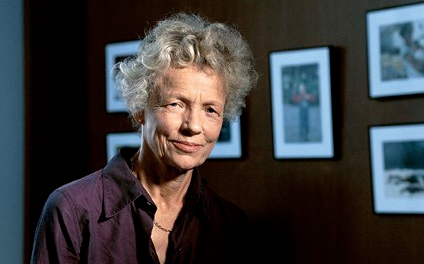Last week on Tuesday, in a shocking and incomprehensible twist, US district judge Bernard Friedman, ruled that Congress lacked authority “under the commerce clause of the US constitution, to adopt the 1996 law and that the power to outlaw FGM lay with individual states.”1And that means that new laws need to be enacted immediately, in order to protect girls from this dangerous, cruel and disgusting practice. In fact, some say this ruling leaves tens of thousands of girls, who live in the 23 states that do not have anti-FGM laws, in danger.
“The decision, in the first federal case to involve FGM, dismissed the main charges in a case against Jumiana Nagarwala, a doctor who performed the procedure on nine girls, aged 7-13, from Michigan, Illinois and Minnesota at another doctor’s clinic in Livonia, on the outskirts of Detroit. The prosecution said she may have performed the procedure on as many as 100 girls. Four of the eight defendants, including three of the four mothers accused of subjecting their daughters to the procedure, were dismissed in the case. The defendants are members of a small Muslim Dawoodi Bohra community. The doctors faced lengthy prison sentences on conspiracy charges.
…
More than two decades ago, Congress adopted a sweeping law that outlawed female genital mutilation, an ancient practice that 200 million women and girls around the world have undergone. But a federal court considering the first legal challenge to the statute found the law unconstitutional on Tuesday, greatly diminishing the chances of it being used by federal prosecutors around the country.”2
Lawyers for the defendants have argued that the practice is a protected religious procedure. They also attempted to defend the practice as nothing more than a “ritual nick,” not mutilation that removes the clitoris or labia like other forms of cutting.
That does not make it better.
This case, the first to be brought under the 1996 law that criminalized female genital mutilation, has been closely watched by human rights advocates (and communities where cutting is still practiced) and many of them are worried. Like Mariya Taher, co-founder of Sahiyo. Her group is currently representing members of the Dawoodi Bohra sect who oppose cutting and she said that she’s concerned about the message this ruling might send to those who believe in cutting:
“Is this something that proponents will use as a reason to say that ‘what we do isn’t harmful,’ almost giving them permission to do this? The U.S. is looked to as a leader, so this could definitely have repercussions globally.”3
As both Dr. Jumana Nagarwala, an emergency medicine physician and a member of the Dawoodi Bohra sect and Dr. Fakhruddin Attar, an internist, are still facing charges, we will update you as the trials proceed and more information becomes available.
Source:












